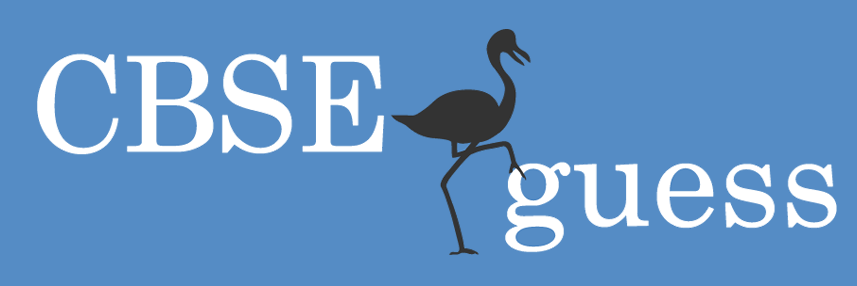UPSC IAS Subject combination tips and IAS Study Material
 Conducted by UPSC (Union Public Service Commission), IAS exam (Also called Civil service Examination), is normally considered to be very tough and the most Competitive exam.
Conducted by UPSC (Union Public Service Commission), IAS exam (Also called Civil service Examination), is normally considered to be very tough and the most Competitive exam.
A major Issue Every Student faces in this Reputed Exam is choice of optional Subjects. According to recent Changes in the Pattern of IAS exam, the preliminary Test has now been replaced by Civil service aptitude test, which will comprise of two objective papers carrying Equal marks for all students. So the students do not have to decide on the optional subjects for the preliminary exam.
Along with 5 compulsory papers for the mains exam (two for general studies, one for essay, one for qualifying English and one for a language from 18 optional languages), candidate has to choose two subjects from a list of 25 optional subjects. Following are the not allowed combinations in the upsc syllabus-
-> Political Science & International relations and Pubilc Administration,
-> Commerce & Accountancy and Management,
-> Anthropology and Sociology,
-> Mathematics and Statistics,
-> Agriculture and Animal Husbandry & Veterinary Science,
-> Management and Public Administration,
-> Any TWO branches of Engineering,
-> Medical Science and Animal Husbandry & Veterinary Science,
-> Combination of TWO Literatures
In the previous pattern, candidates used to take their mainstream subject as first optional and most of the stuff was covered in the prelims exam and then all they had to do was to decide on the second optional subject. But in the new pattern, all the candidates are at equilibrium in the prelims and have to decide two optional subjects for mains exam with more agility and criterion in mind as this is the very factor that determines candidate’s chances for getting through in this exam.
Following are a few criterions to be taken care of while choosing optional subjects in new pattern for IAS exam-
Firstly, Candidate must be comfortable in grasping the subject. The decision should not be made on the basis of length of the subject but on the one’s comfort with concepts in the subject. For example, History and geography are known for lengthy syllabus and answers, while public administration and anthropology have limited syllabus and short answers. The edge is not in selecting the subjects that have short or lengthy answers but in comfort with the subject.
Availability of IAS study material is also a vital factor in determining the optional subject. There should be enough resources available for preparing the subject, consulting to an experienced senior in case of a completely new subject in your perspective is quite sensible.
Candidate should not choose a subject just because it’s scoring. More students opting for an optional subject (say history) means more students with history will be chosen for next round and thus there will be a greater competition, it doesn’t ensure a greater score.
For commerce students, a good combination is assumed to be Commerce+ Public administration, as Public administration Covers lots of topics in commerce like role of CAG etc.
Commerce + geography is also assumed to be a good combination if you can look around in the maps and are familiar with semi-technical topics. This combination is highly scoring and can score you 300-350 marks in the mains exam.
For biology students, Agriculture + botany are good combination since many topics of agriculture are covered in botany.
So it’s about candidate’s own comfort in understanding the subject and this decision must be made carefully since it is the very deciding factor for the candidate’s selection in this prestigious examination.
All the Best for your Success!!!
Anuj sisodia Invites you to a complete portal for upsc ias exam preparation. It has all the IAS upsc syllabus and ias study material you require to succeed in this exam.


